Group Show
(re) Crafting Tradition
January, 2016 - April, 2017
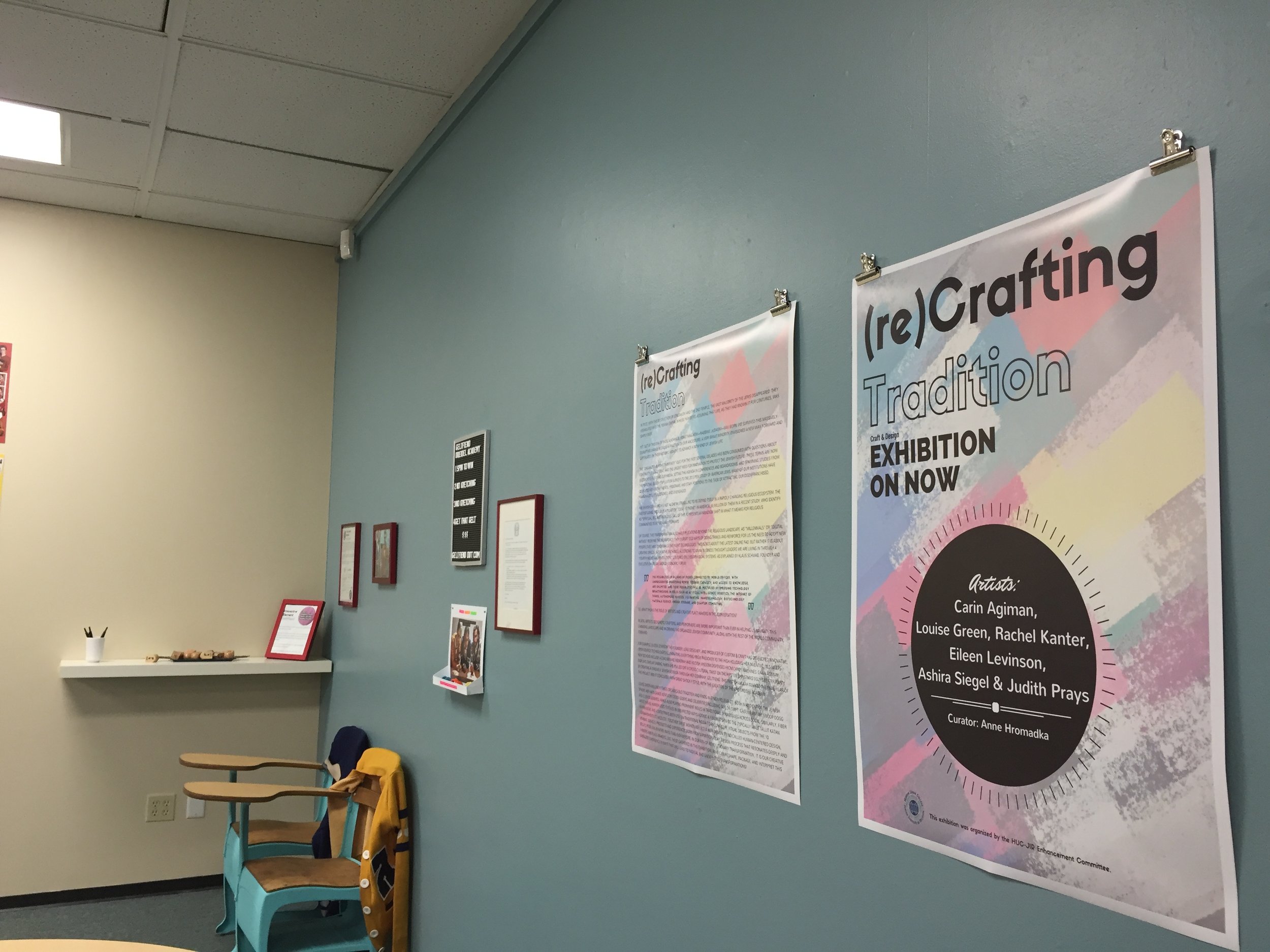

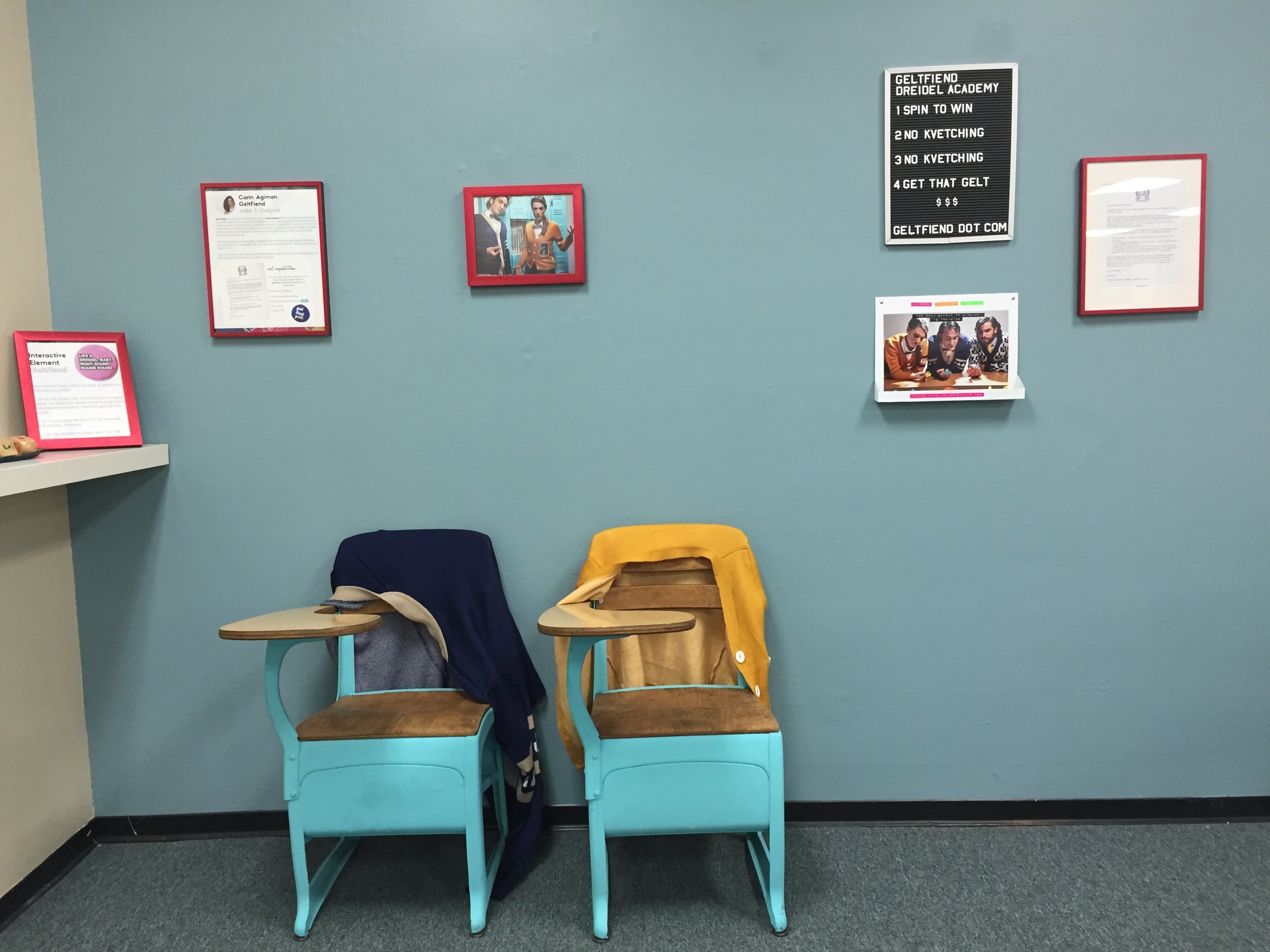
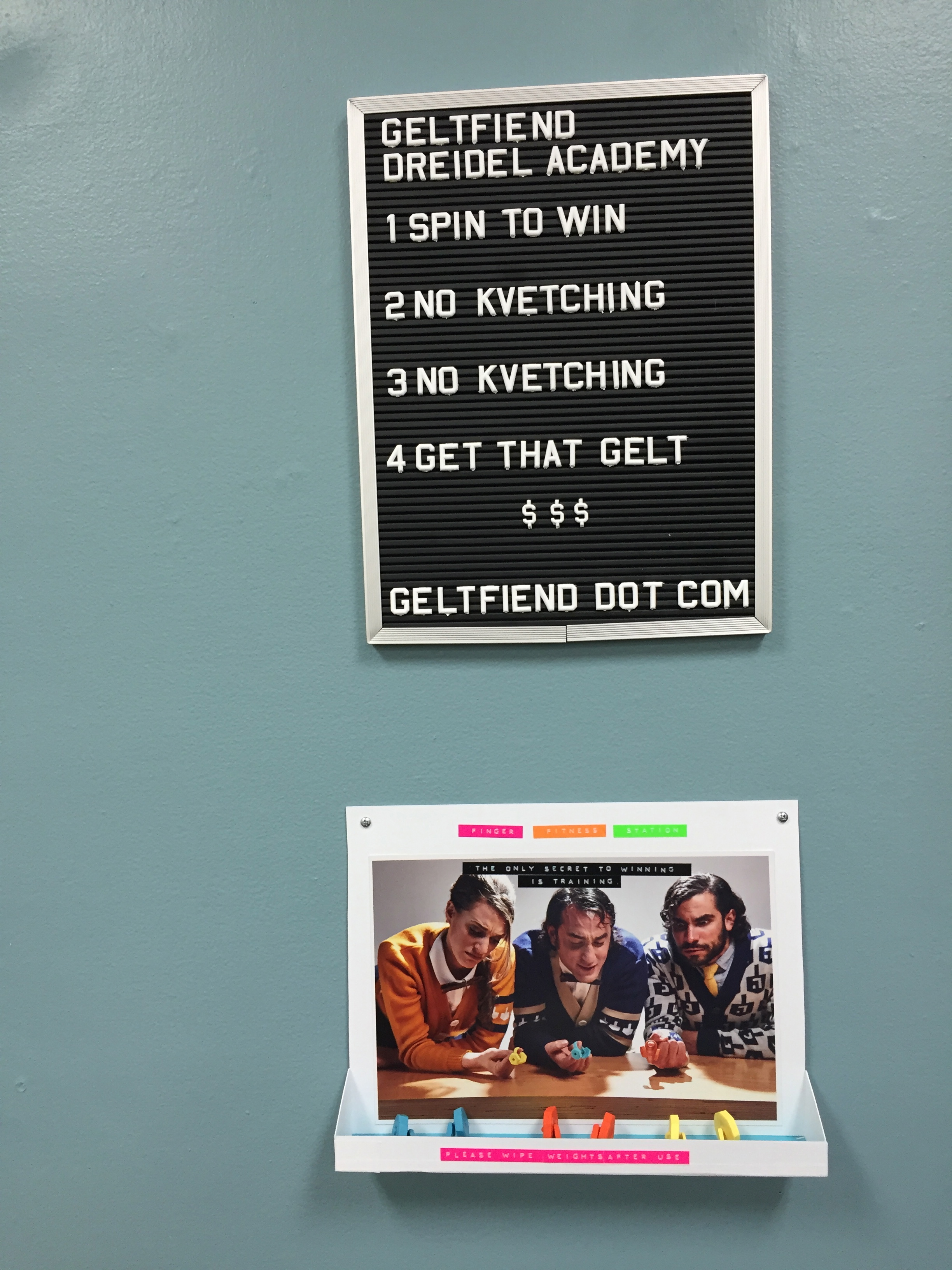
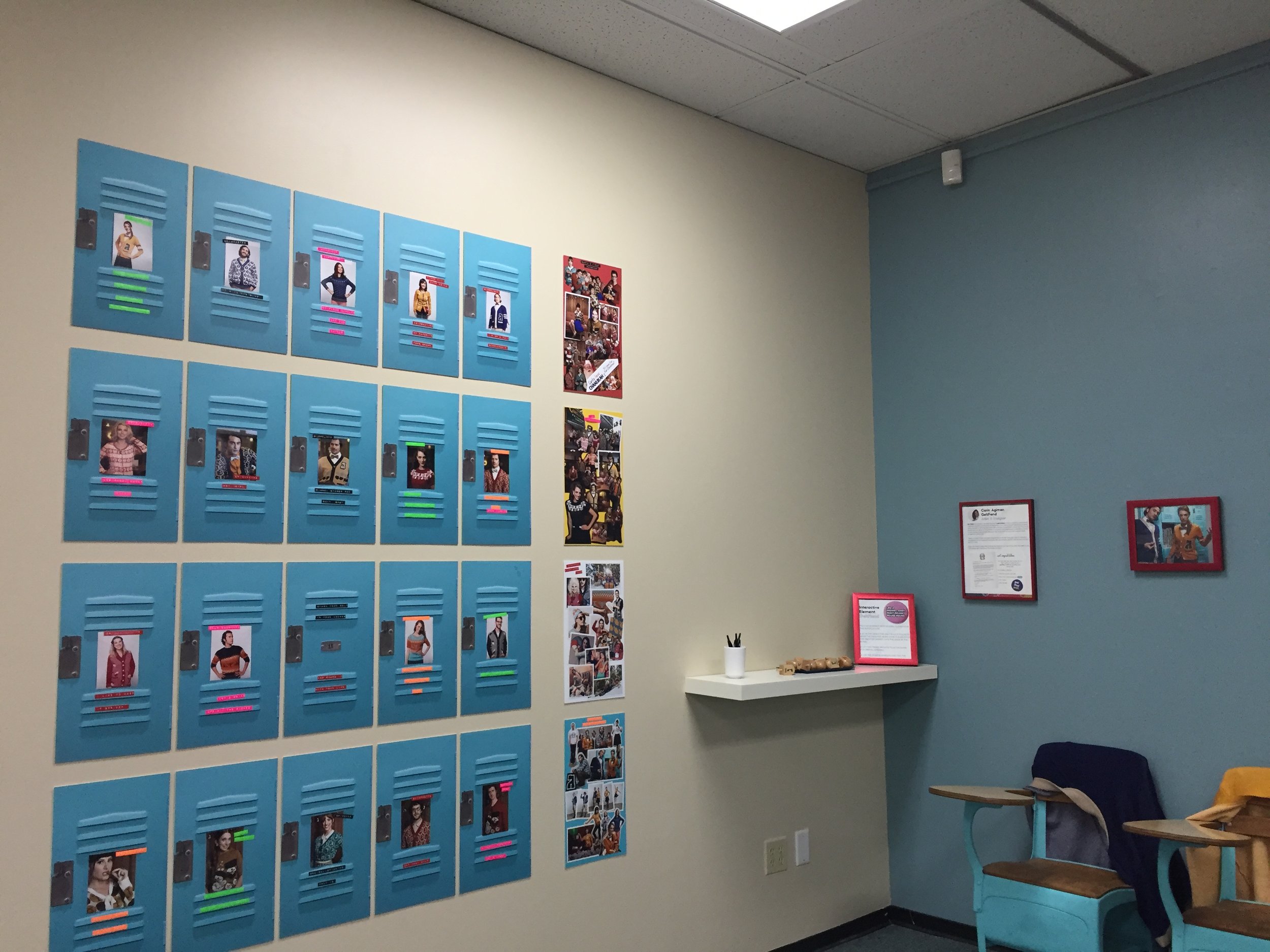
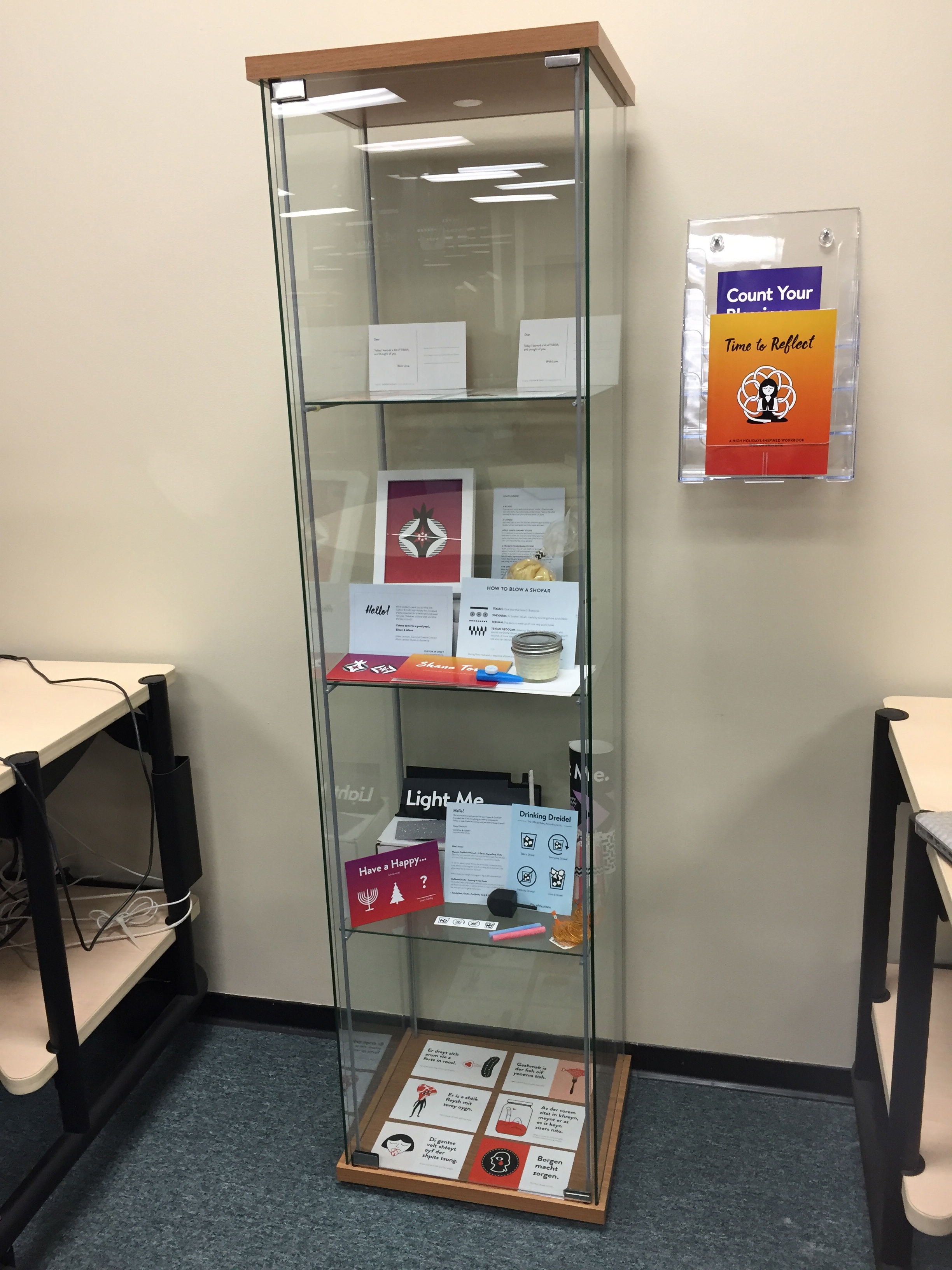

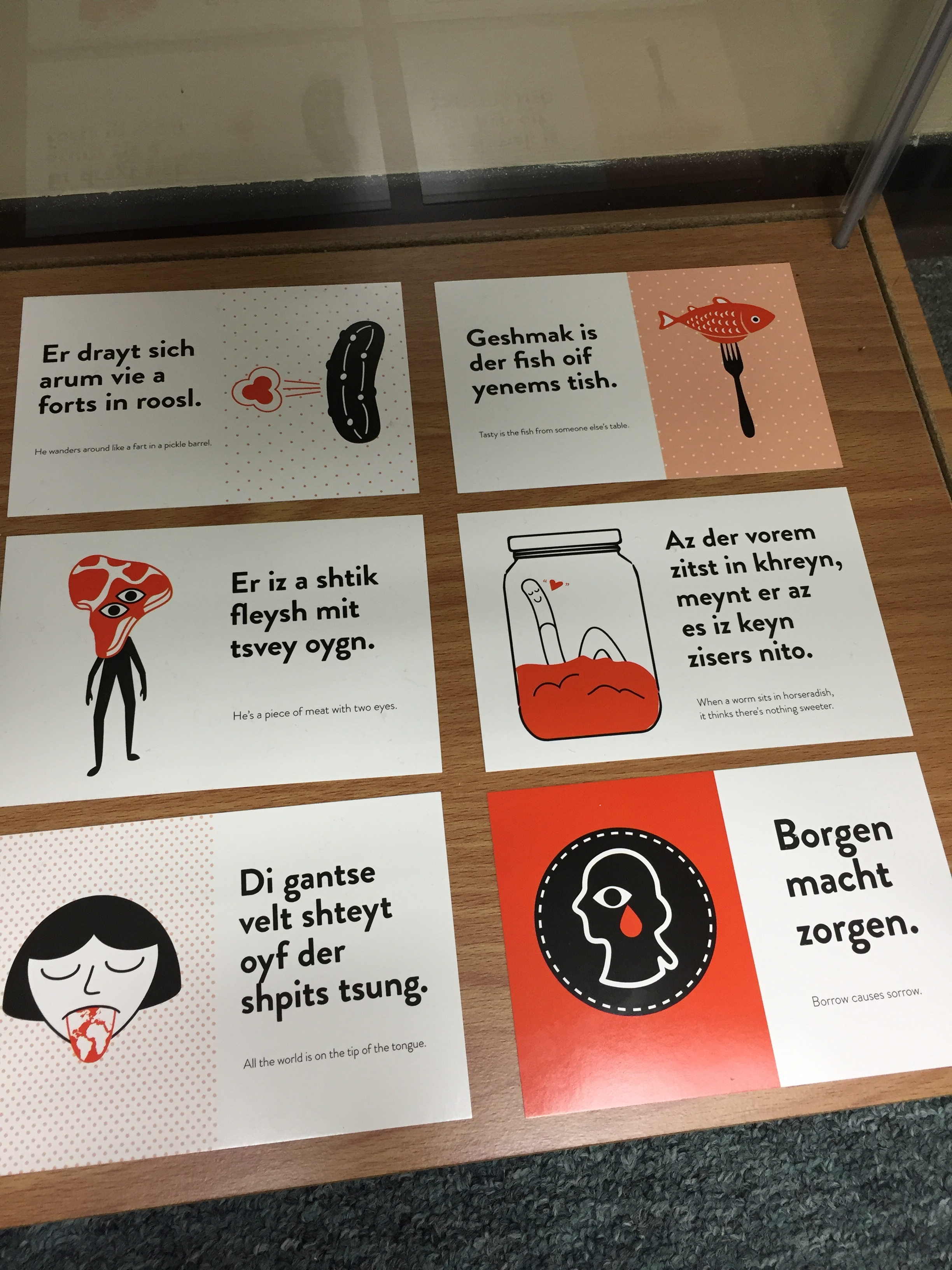
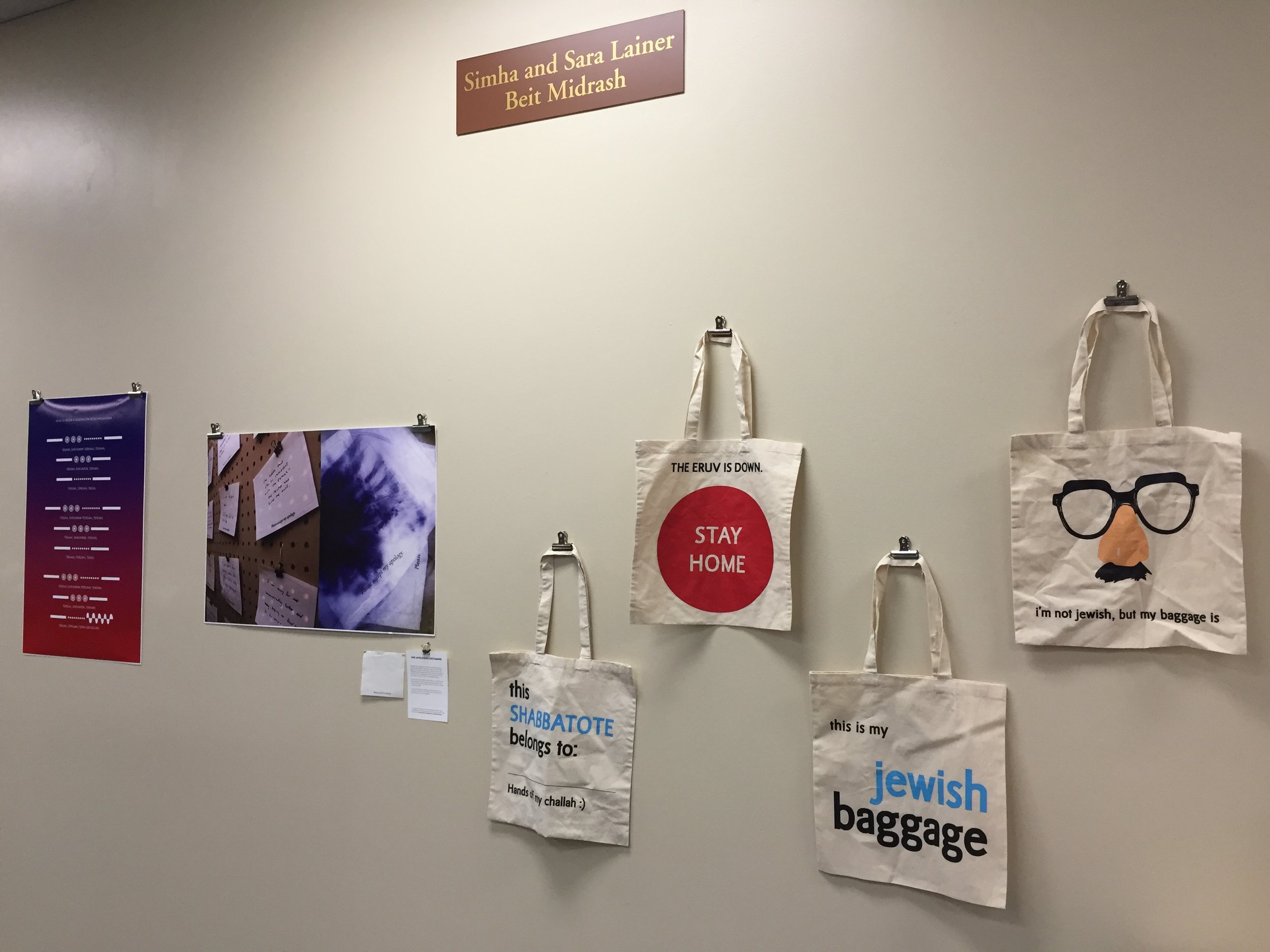

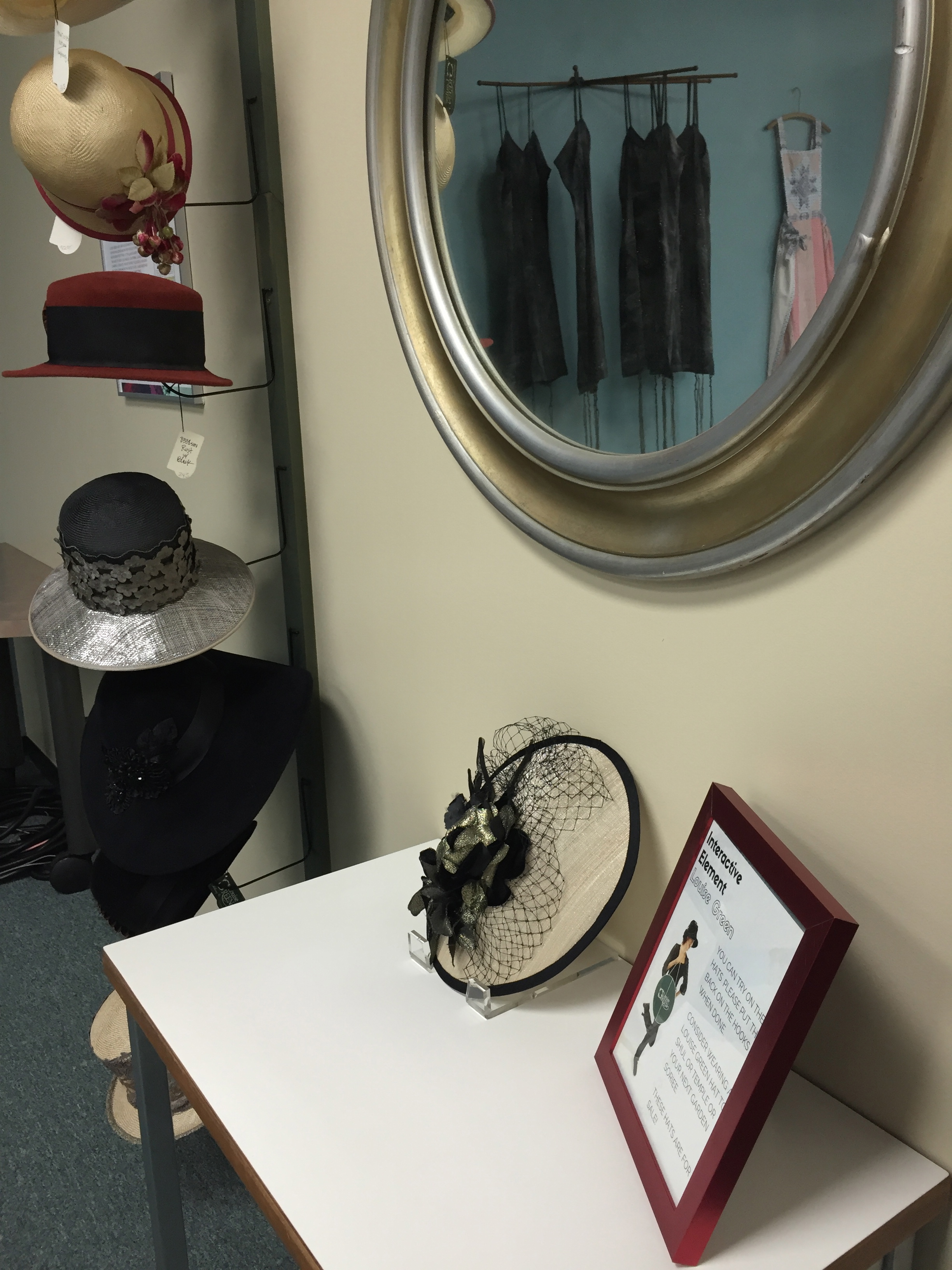

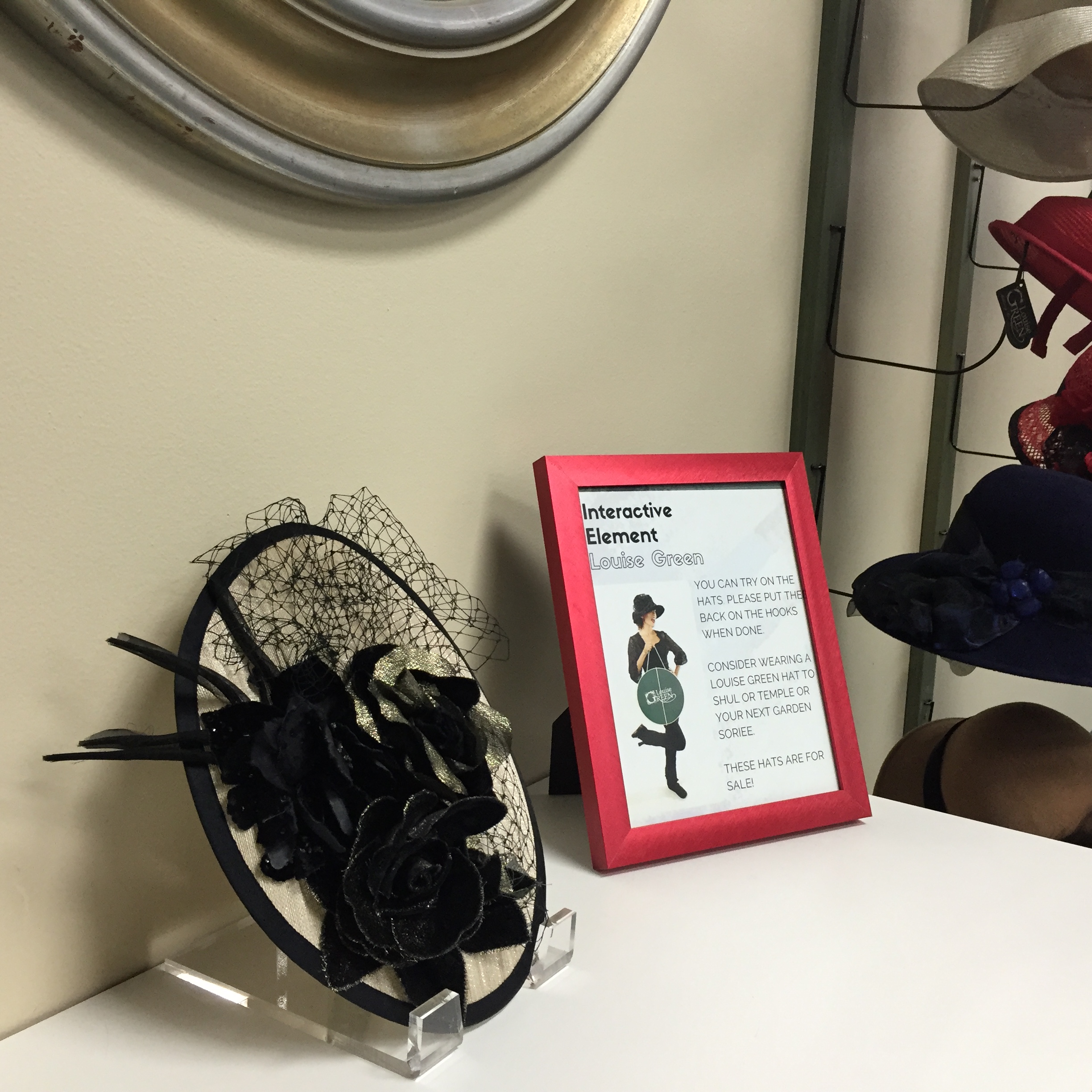
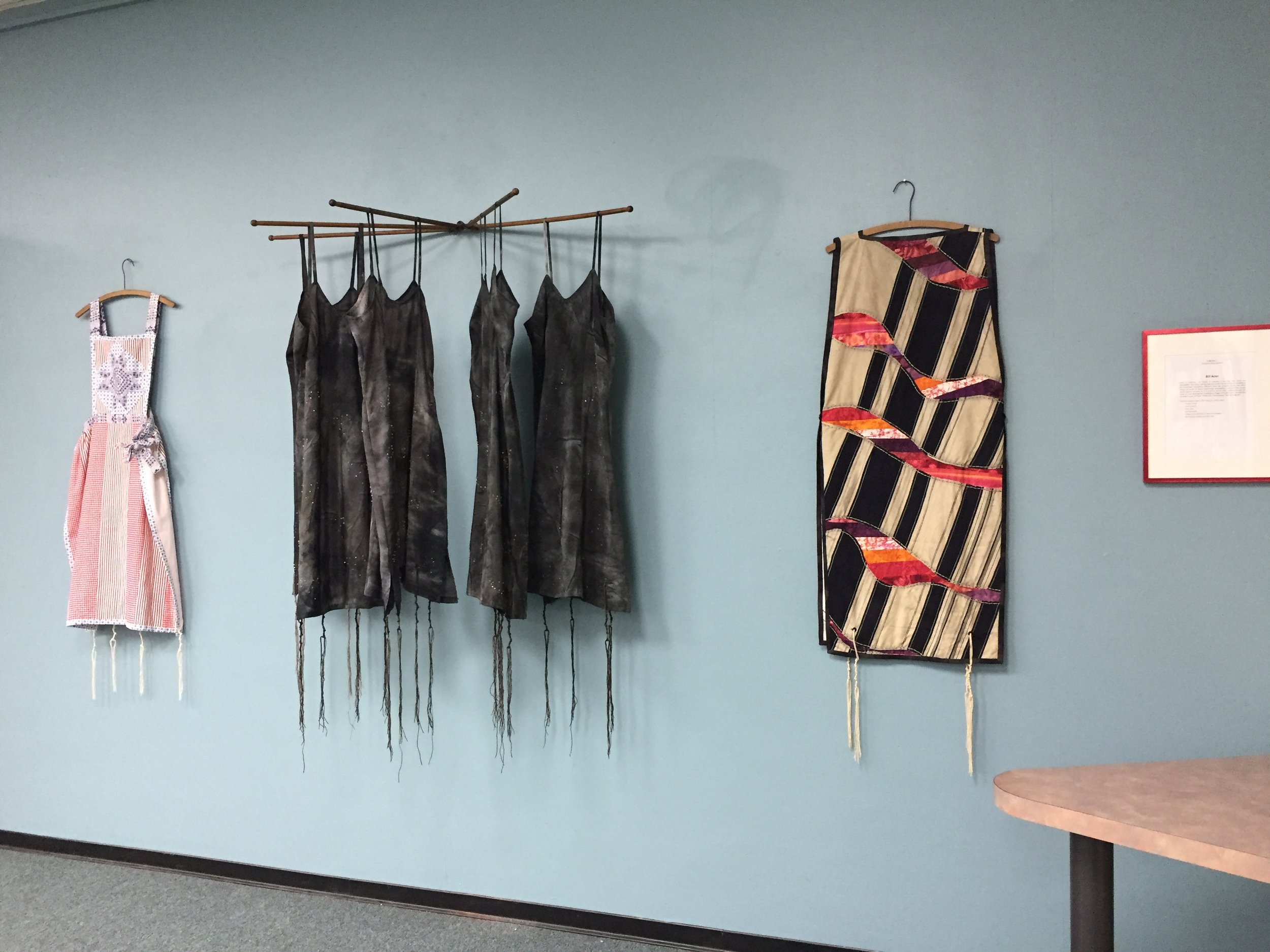

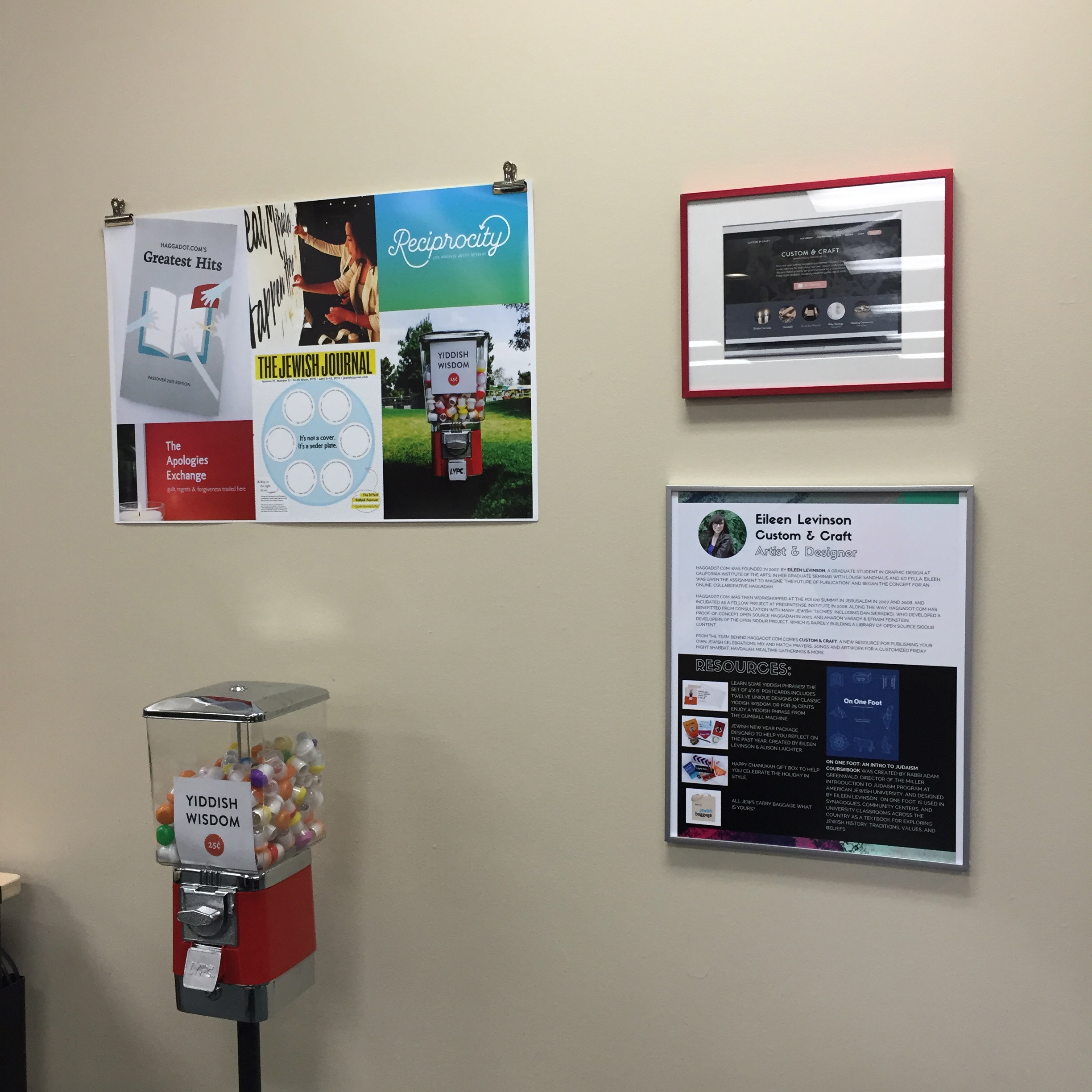
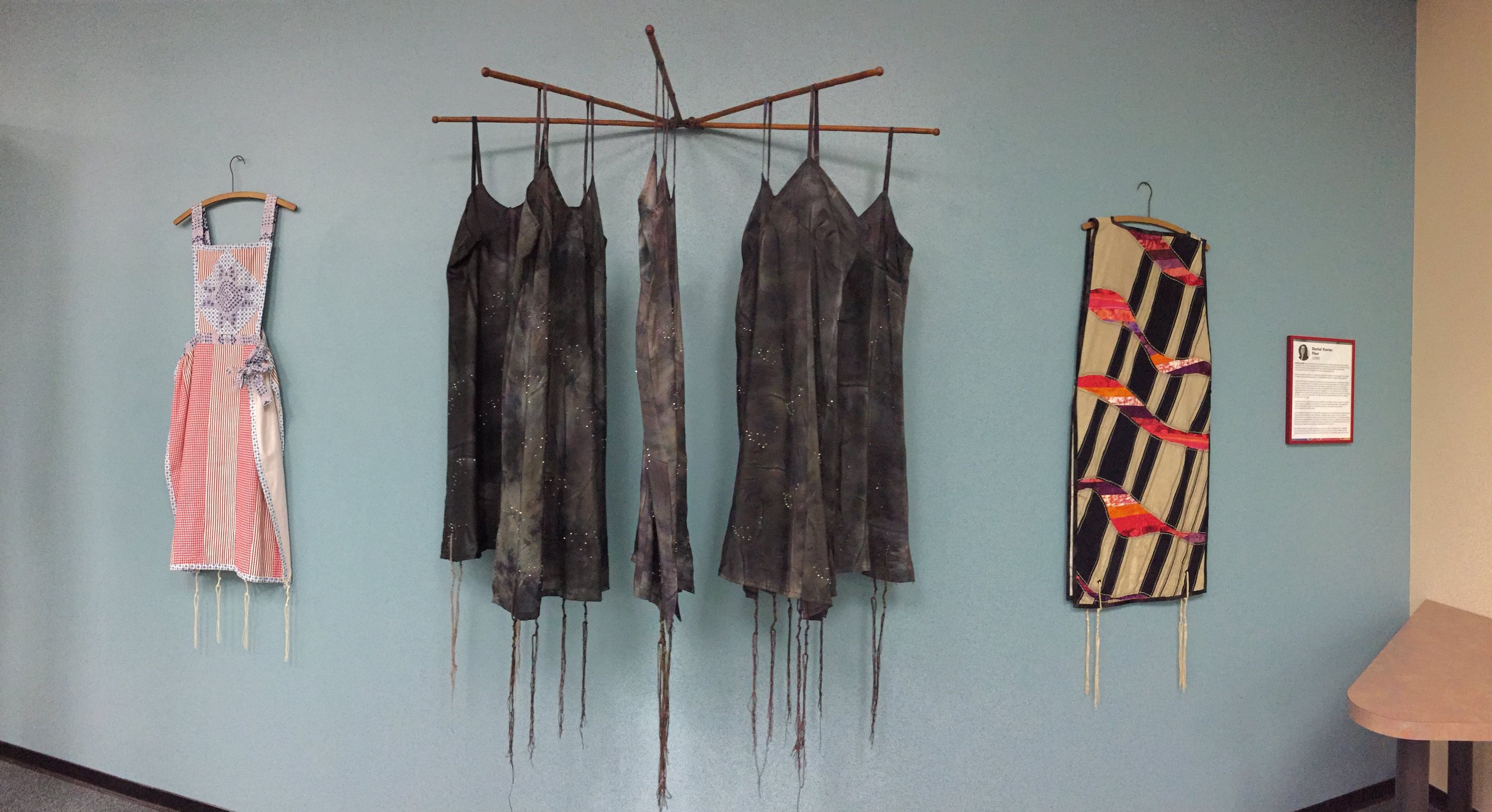

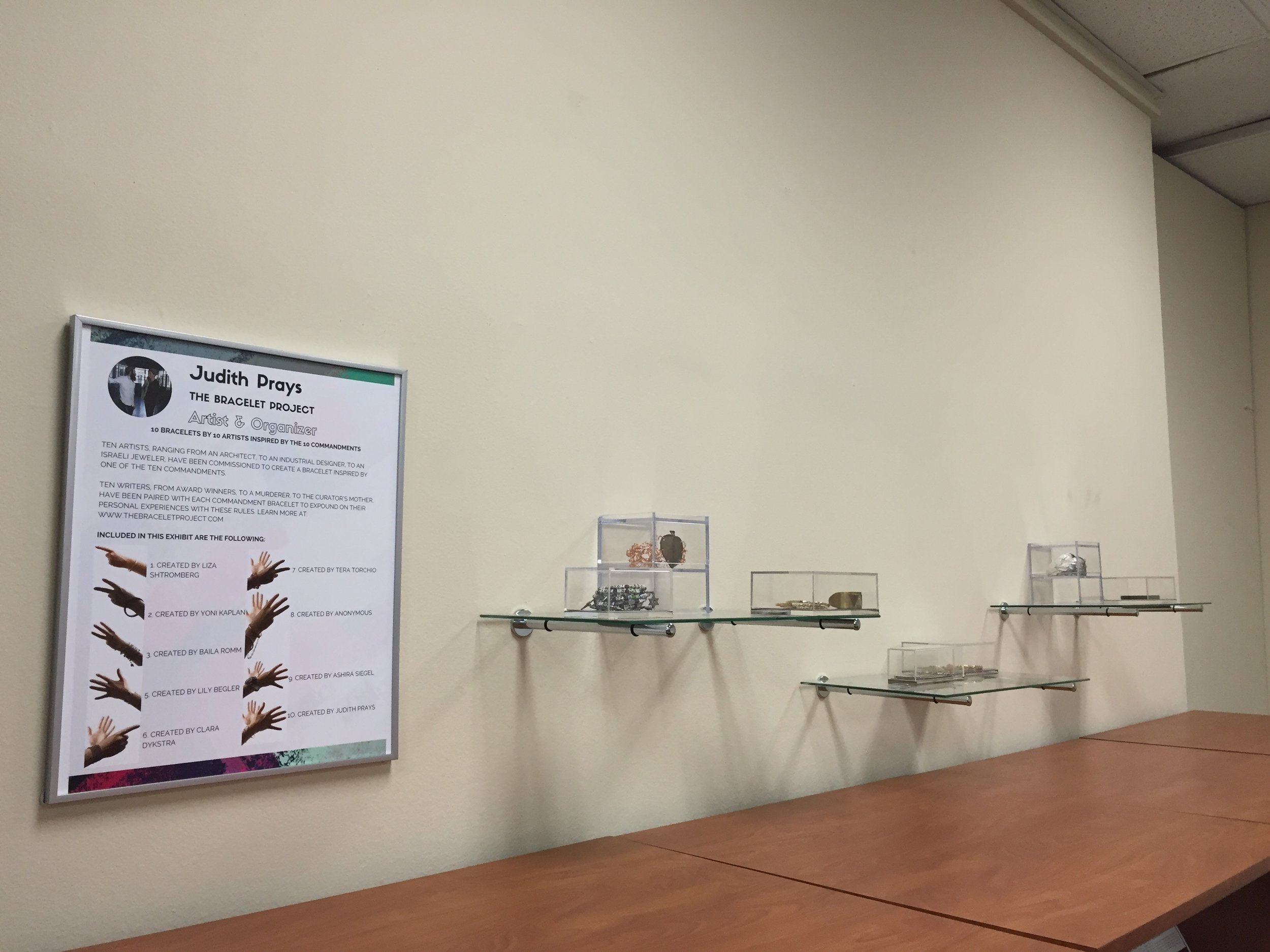
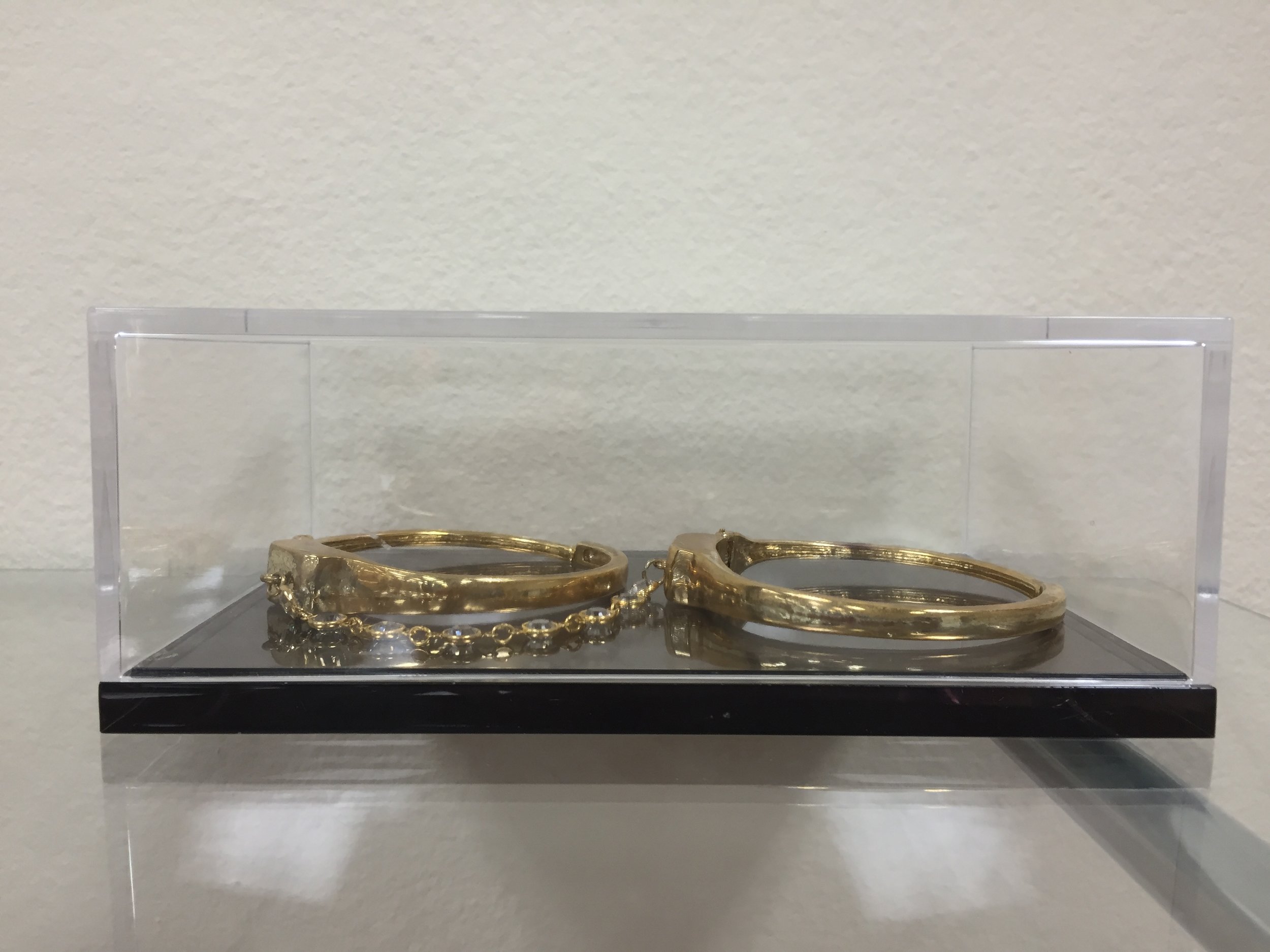
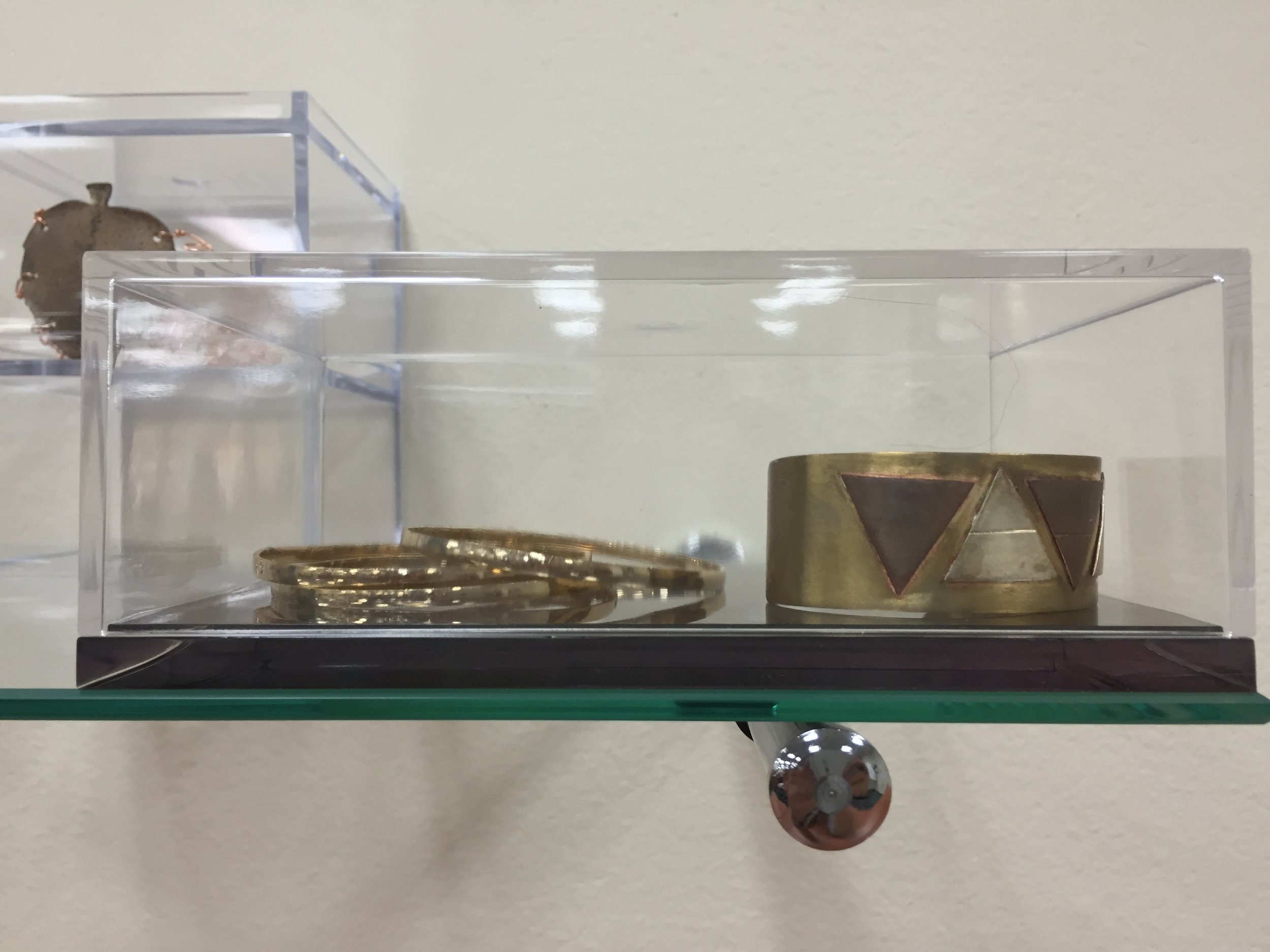
In 70 CE, with the destruction of Jerusalem and the 2nd Temple, the vast majority of the Jews disappeared. They assimilated into the Roman Empire in huge numbers, assuming that life, as they had known it for centuries, was simply over.
Yet, out of this era of radical change, something new -Rabbinic Judaism- was born. We survived this massively disruptive change because a fraction of our ancestors, a very brave minority, envisioned a new way forward and capitalized on their historic moment to advance a new kind of Jewish life.
The "Organized Jewish Community" (OJC) for the past several decades has been consumed with questions about continuity, engagement, and the urgent need for innovation to protect the Jewish future. These terms are now buzzwords, flooding our media, setting the agenda in conferences and boardrooms, and spawning studies from the national Jewish population surveys to the 2013 PEW study of American Jews. Many of our institutions have dedicated new departments, programs, and staff positions to the task of attracting our disenfranchised, marginalized, disillusioned, and disengaged.
The Jewish community is not alone in struggling to re-define itself in a rapidly changing religious ecosystem. The fastest going "religious affiliation" today is "none" - in America, 56 million of them in a recent study, who identify as "spiritual, but not religious." All of this represent a paradigm shift in what it means for religious communities to define a way forward.
Of course, this transformation also has implications beyond the religious landscape. As "Millennials" or "Digital Natives" redefine the workforce, they disrupt old ways of doing things and reinforce for us the need to adopt new perspectives and to embrace emergent technologies. This is not about the latest online fad, but rather it is about creating spaces of creative exchange. According to many business thought leaders we are living in through a "fourth industrial revolution," centered on Cyber-Physical systems. As explained by Klaus Schwab, founder and executive chairman, World Economic Forum:
"The possibilities of billions of people connected by mobile deviced, with unprecedented processing power, storage capacity, and access to knowledge, are unlimited. And these possibilities will be multiplied by emerging technology breakthroughs in fields such as artificial intelligence, robotics, the internet of things, autonomous vehicles, 3-D printing, nanotechnology, biotechnology, materials science, energy storage, and quantum computing."
So, what then is the role of artists and creative place-markers in this conversation?
In 2016, artists, designers, crafters, and performers are more important than ever in helping us navigate this changing landscape and in driving the organized Jewish community, along with the rest of the world community, forward.